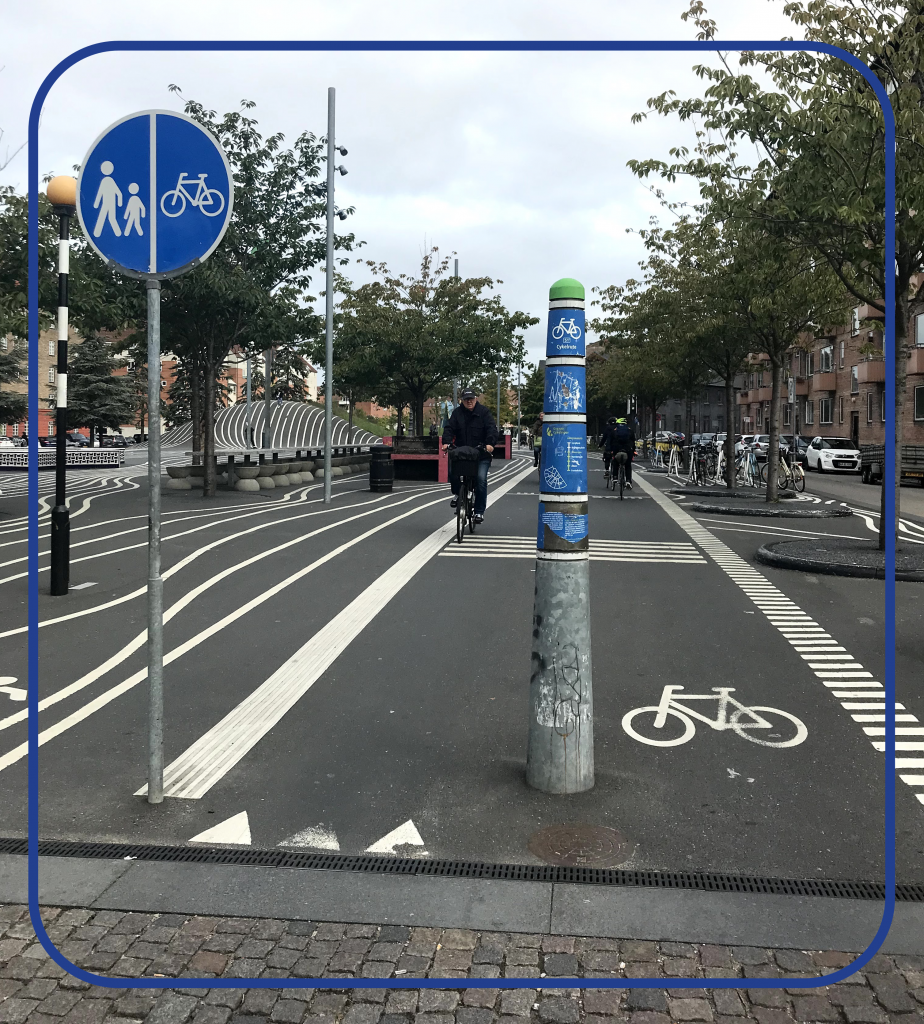Sharing knowledge – and making urban mobility sustainable together

Urban mobility is a hot topic – in the truest sense of the word: because traffic emissions, for example from private transport, make a major contribution to heating up our climate. Many municipal actors have therefore set themselves the goal of improving road traffic in such a way that exhaust gases are reduced. This was also evident in the challenges you sent us as part of the Discovery Challenge with Motius. Many of the questions sent in to participate in the competition revolved around how to make urban transport more sustainable as an organization – whether as a city or as a housing company.
Together with the winners, we ultimately addressed a central “How can we, …” question in a workshop: How can we bring together and evaluate the knowledge of different actors and roles in a city so that each municipal organization knows what task or contribution it can make to sustainable mobility for citizens?
The answer: three different solution sketches that we were able to draw thanks to the creative input with the municipal participants in the workshop.
The first solution, “Stadtläufer,” is a platform – for example, in the form of an app – through which citizens can share traffic-related grievances from everyday situations: whether a connection is never reached, a bench is needed in the park, or bicycle parking spaces are missing. In this way, decision-makers can always find out exactly what is most urgently needed or desired by citizens – and thus turn small screws to make cities more citizen- and community-oriented. Once the data has been processed via an urban data platform, the citizen-oriented data makes it possible to make more sustainable decisions in the long term.
A further development of this idea is the “city decision maker”. In addition to the possibility for citizens to share their opinions, other data sources are integrated here: from sharing providers, from camera sensors or via vehicle fleets. At a glance, dashboards can give citizens and decision makers an overview of a complex data situation by linking data in specific areas at the same time.
The third solution part is a ticket vending machine for sharing offers. In order to avoid complex and diverse registration processes, users can obtain uniform access to sharing offers via ticket vending machines similar to those used in public transport.
Still questions? Need more information? In this document you will find a detailed explanation of the proposals as well as benefits, costs and open questions related to each of the listed solutions.
Want to develop or use similar ideas to make transportation in your city or community more community-oriented and sustainable? We are happy to advise you as municipalities and municipal subsidiaries so that you can start implementing solutions as soon as possible – just contact us via the contact form.